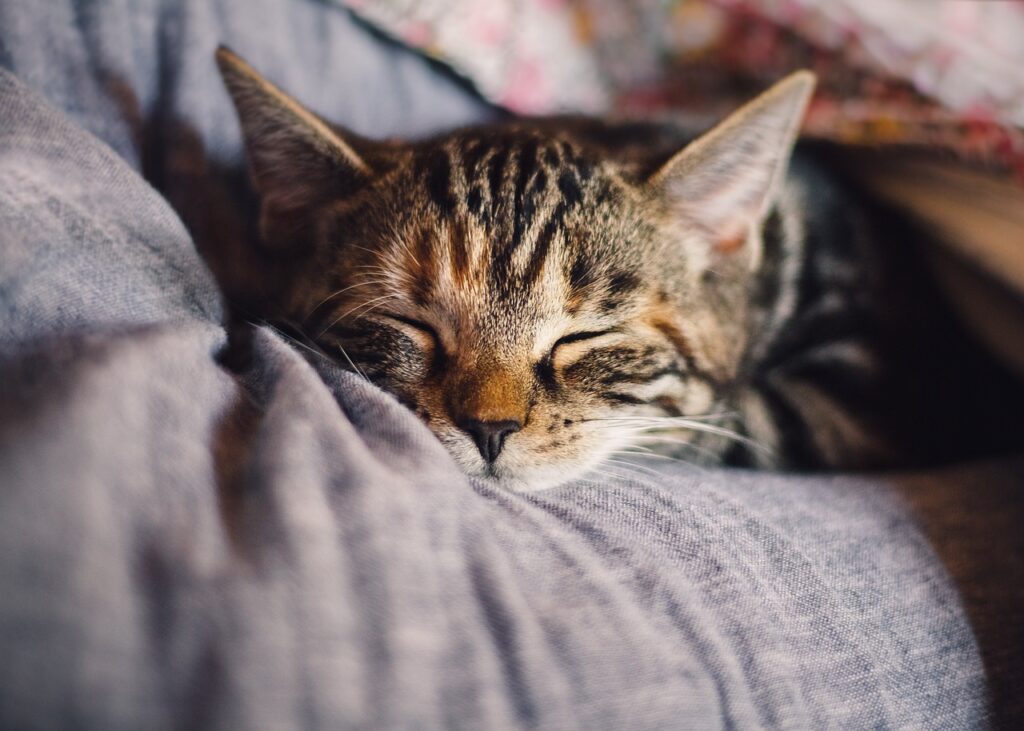Can Cats Eat Beef? – Yes, They can
Cats are natural carnivores and yes, they can certainly enjoy beef! This type of meat can be a sumptuous treat and a source of high-quality protein for your feline friends. However, it’s important to serve beef properly to ensure it’s safe for your cat – that means cooked, unseasoned, and given in moderation as a part of a balanced diet.
Can Kittens Eat Beef?
Yes, kittens can also eat beef. As with adult cats, beef provides a good amount of protein which is crucial for their growth and development. Nevertheless, their young digestive systems are more sensitive, thus the beef should be cooked plainly and introduced slowly into their diet to avoid any potential digestive issues.
Things to consider when feeding beef to kittens?
When giving beef to kittens, consider starting with very small amounts as a supplement to their regular kitten food. It’s imperative to ensure the beef is soft enough to avoid a choking hazard and that it doesn’t contain any bones. Also, it’s always best to consult with a vet before introducing new foods into a kitten’s diet.
Nutritional Benefits of Beef for Cats – Why Beef is Good for Cats?
High-Quality Protein Source
Beef is loaded with proteins which are essential for your cat’s muscle growth and repair. Not to mention, it also supplies energy to keep them playful and active throughout the day.
Taurine
This crucial amino acid found in beef helps maintain a cat’s heart health, vision, and reproductive functions. Taurine is something cats cannot produce in ample amounts on their own, thus getting it from their diet is essential.
Vitamins
Beef contains B vitamins, particularly B12, which is vital for nerve health and cognitive functions.
Minerals
Iron and zinc are minerals plentiful in beef. They are important for a healthy immune system and efficient oxygen transportation in the bloodstream.
Fatty Acids
Fatty acids found in beef play a role in maintaining healthy skin and a shiny coat for cats, alongside boosting their immune response.
Potential Allergies: Can Cats Be Allergic to Beef?
While it’s not the most common allergy, cats can be allergic to beef. An allergic reaction often involves the immune system overreacting to a protein in the beef.
Symptoms of Beef Allergies in Cats
- Skin Irritations: Look for any redness, rashes, or excessive scratching which could signal an allergic reaction.
- Gastrointestinal Issues: If your cat has frequent vomiting or diarrhea after eating beef, it may be allergic.
- Respiratory Problems: In rare cases, an allergic cat may exhibit wheezing or coughing.
What to Do If Your Cat Shows Symptoms?
- Consult Your Veterinarian: If you suspect an allergy, the best course of action is to seek professional help.
- Dietary Review: A vet may suggest an elimination diet to pinpoint the cause of the allergy.
- Medication: In some cases, a vet will prescribe medicine to help manage allergy symptoms.
Recommended Amount: How Much Beef Can a Cat Consume?
The amount of beef your cat can safely consume will greatly vary based on their weight, age, and overall health. It’s generally advisable to keep beef as a treat rather than a staple, making up no more than 15% of their dietary intake to avoid an imbalance in nutrients.
Things to Consider When Feeding Beef to Cats
Always ensure that the beef is cooked through to prevent any risk of foodborne illnesses. Avoid fatty cuts and never season the beef, as onions, garlic, and salt can be toxic to cats. Lean beef is typically the best choice.
How to Feed Beef to Cats: A Quick Guide
Feeding your cat beef can be a wonderful way to supplement their diet with extra protein and nutrients. Whether served as a treat or part of a meal, beef can provide variety and excitement to your cat’s eating routine.
Simple Cooked Beef Cubes
Cook a small portion of lean beef until well-done, cut it into bite-sized pieces, and ensure it’s cooled before serving to avoid any burns.
Beef and Pumpkin Puree
Combine finely ground cooked beef with a dollop of pureed pumpkin for added fiber—perfect for maintaining your cat’s digestive health.
Beef Broth for Hydration
Beef broth (be sure it’s free from onions, garlic, and salt) can be a hydrating treat, especially for cats that might not drink enough water.
Conclusion
In summary, beef can be both a delicious treat and a nutritious supplement to a cat’s diet when prepared simply and offered in moderation. Remember to consult your veterinarian before introducing new foods, observe your cat for any allergic reactions, and balance their diet to include all necessary nutrients. If you follow these guidelines, your feline companion can safely enjoy the occasional beefy indulgence.



